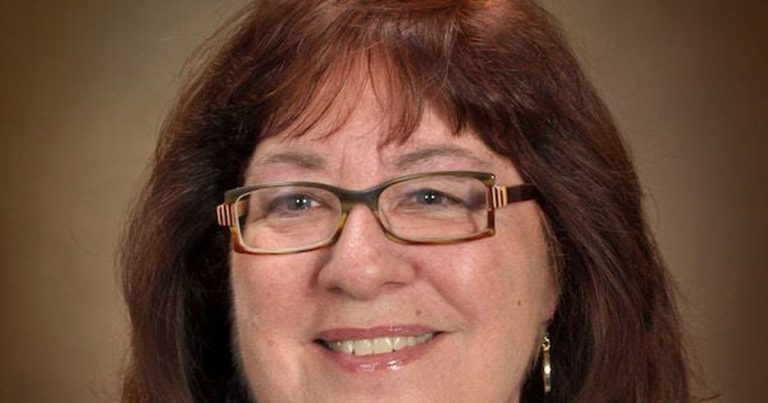Recently, on my social media, some Christian ministers have told the same story: parishioners are complaining or upset by the sermons.
What are the sermons? Many involve the Beatitudes.
At first, I did a double take. These are some of the few sayings directly attributable to Jesus. If we follow him, shouldn’t we do what he says?
Unfortunately, as America gets meaner, people are unwilling to let go of the “me/my agenda first” attitude they have developed as part of their evangelical theology.
A new book by journalist Tim Alberta shows a direct link between conservative politics and white evangelical Christians, which he says divides both the church and society.
The son of a Christian pastor, Alberta said churches are more involved in politics than before, leading to a crisis in the church.
The book, “The Kingdom, the Power and the Glory: American Evangelicals in the Age of Extremism,” became available in December from Harper Publishers.
According to my minister friends, it is politicized extremism that fuels the reaction of parishioners against certain sermons. A friend from Oklahoma said his sermon on the Beatitudes was called “weak” and “too liberal” by congregants.
For me, it is the extremism of partisan politics that fosters the “my agenda first” attitude.
Why should I say that? Let’s look at who blesses the Beatitudes. In Matthew they include:
• The poor in spirit.
• Those who cry.
• The soft.
• Those who hunger and thirst for justice.
• The merciful.
• Those who are pure in heart.
• Peacemakers.
• Those who are persecuted for the sake of righteousness.
The Gospel of Luke also says that blessed are the poor, the hungry, the mourners, and the hated/rejected.
Some political camps would consider these words “weak” or “soft” because they demonstrate compassion or “liberal” traits rather than what they view as strong conservative ideals.
It’s funny, when I was a kid, adherence to the Gospels and compassion were conservative traits.
Alberta said the new conservative political movement in churches has given power to many churches, but with that power comes terrible setbacks. The adage is true: power corrupts, absolute power corrupts absolutely. Donald Trump’s presidency has given evangelical churches considerable political power that they are not only willing to give up, but want more of.
CBS News reported that a quarter of all American adults consider themselves evangelical Christians, but does that mean the United States should be governed as an evangelical nation?
For many of us, the answer is no.
Many Americans want to maintain the separation of church and state, which gives citizens the right to freedom of religion, nor do they want the nation to be governed by a specific religious group. Instead, everyone has the right to follow whatever faith they choose or not believe at all.
To me, nourishing people (with food and spiritually), comforting those who are suffering, helping those who are afraid or cannot speak for themselves, and seeking justice is part of what I call “caring and feed humans.” If we don’t, why are we here? Certainly the world does not revolve solely around our own desires or the desires of political interest.
It is interesting to note that the debate began to rage during the period of donations, calls for peace and the many holidays dedicated to different religious systems. There are seven religious holidays during the month, including Christian, Jewish, Hindu, Pagan and Buddhist, as well as other holidays celebrating everything from African culture to saints’ festivals, winter solstice and human rights.
As a child, I was taught that this time of year was a time to pray/act for peace, help those in need, and be kind to my fellow human beings. In short, it meant following the ideals of the Beatitudes.
In this season of giving, we should hear the words of Mark and Luke, even for us non-Christians. These are solid principles for helping our fellow human beings. And for those who are Christians, these words are the road map laid out by the man they claim to follow.
An award-winning journalist and public relations professional, Rebecca “Becky” Tallent was a journalism faculty member at the University of Idaho for 13 years before retiring in 2019. She is of Cherokee descent and is a member of the Native American Journalists Association and the Society of Professional Journalists. She and her husband, Roger Saunders, live in Moscow, Idaho, with their two cats.


